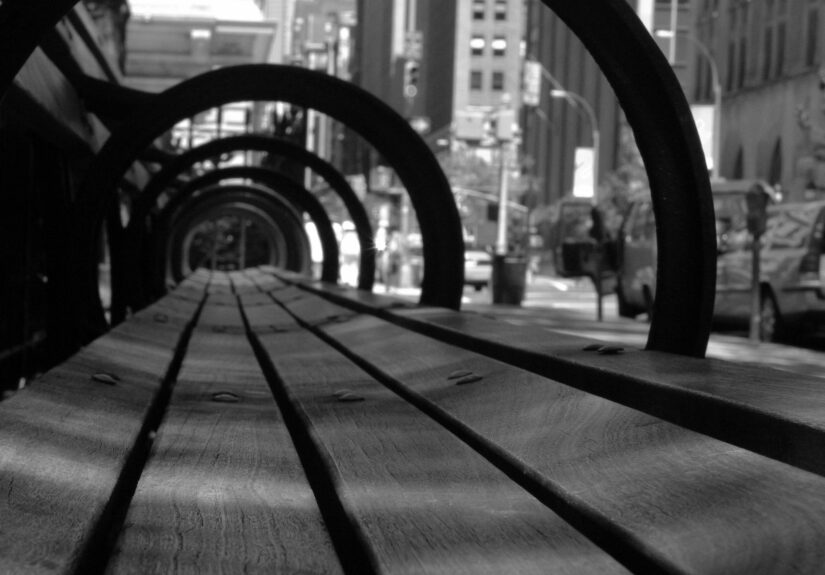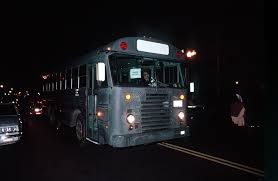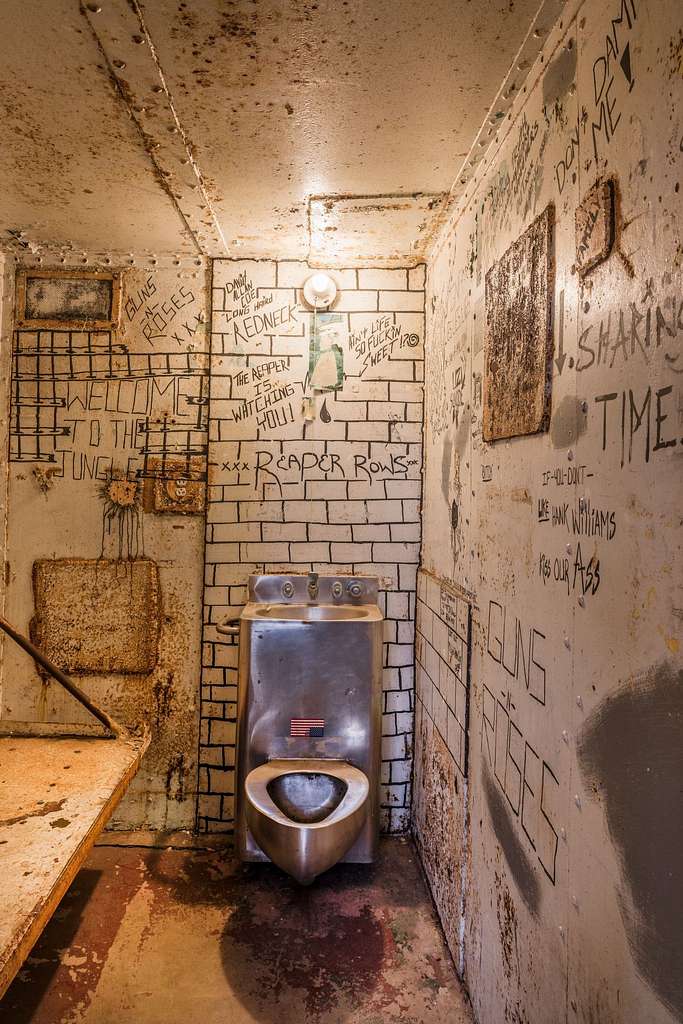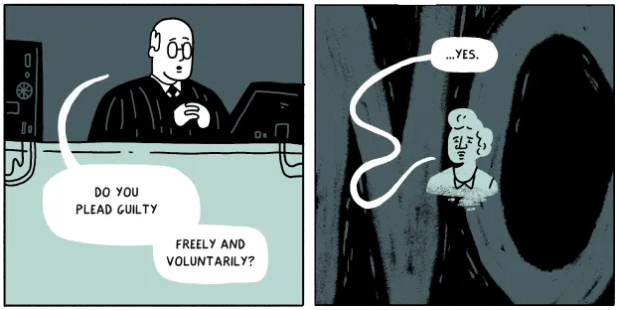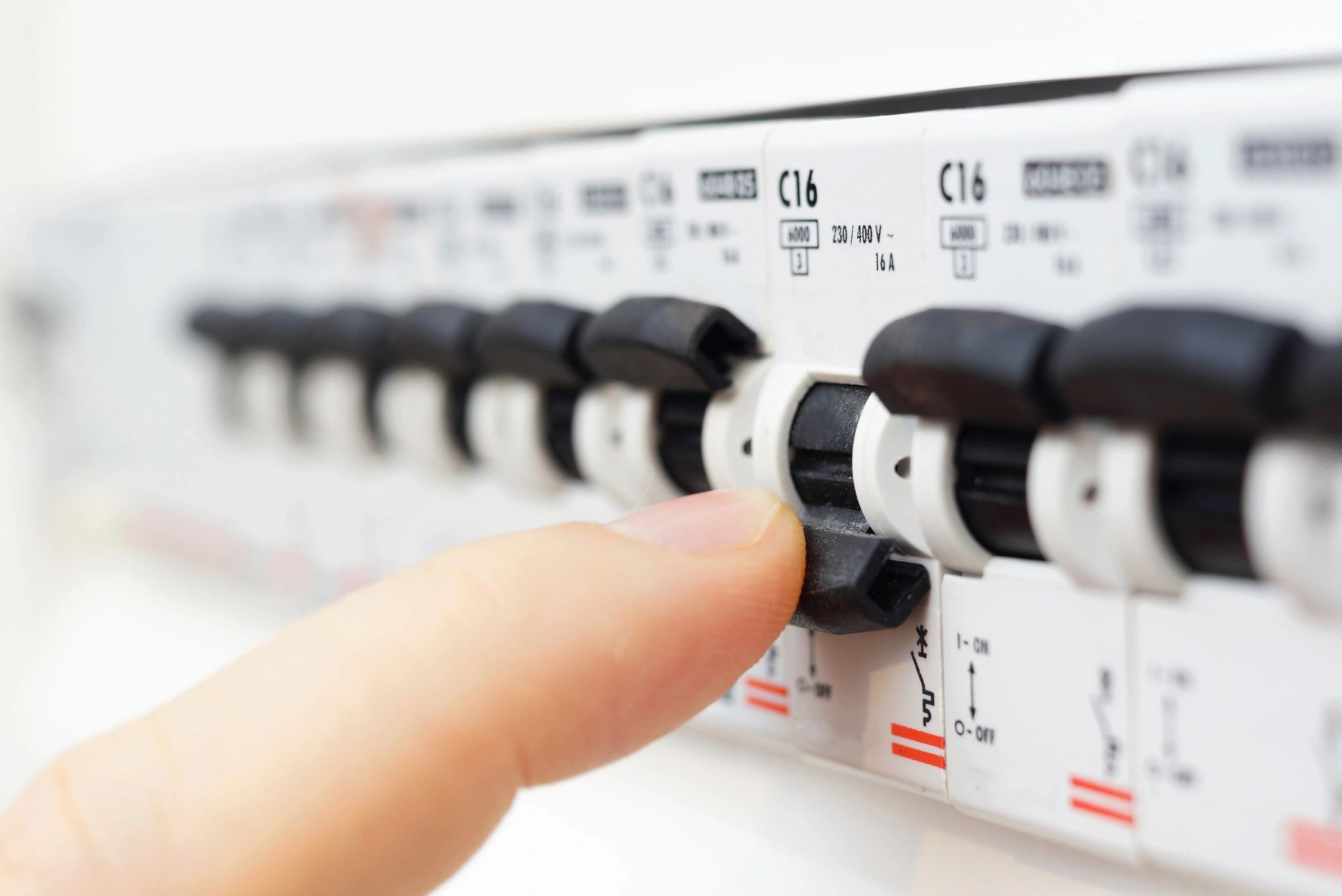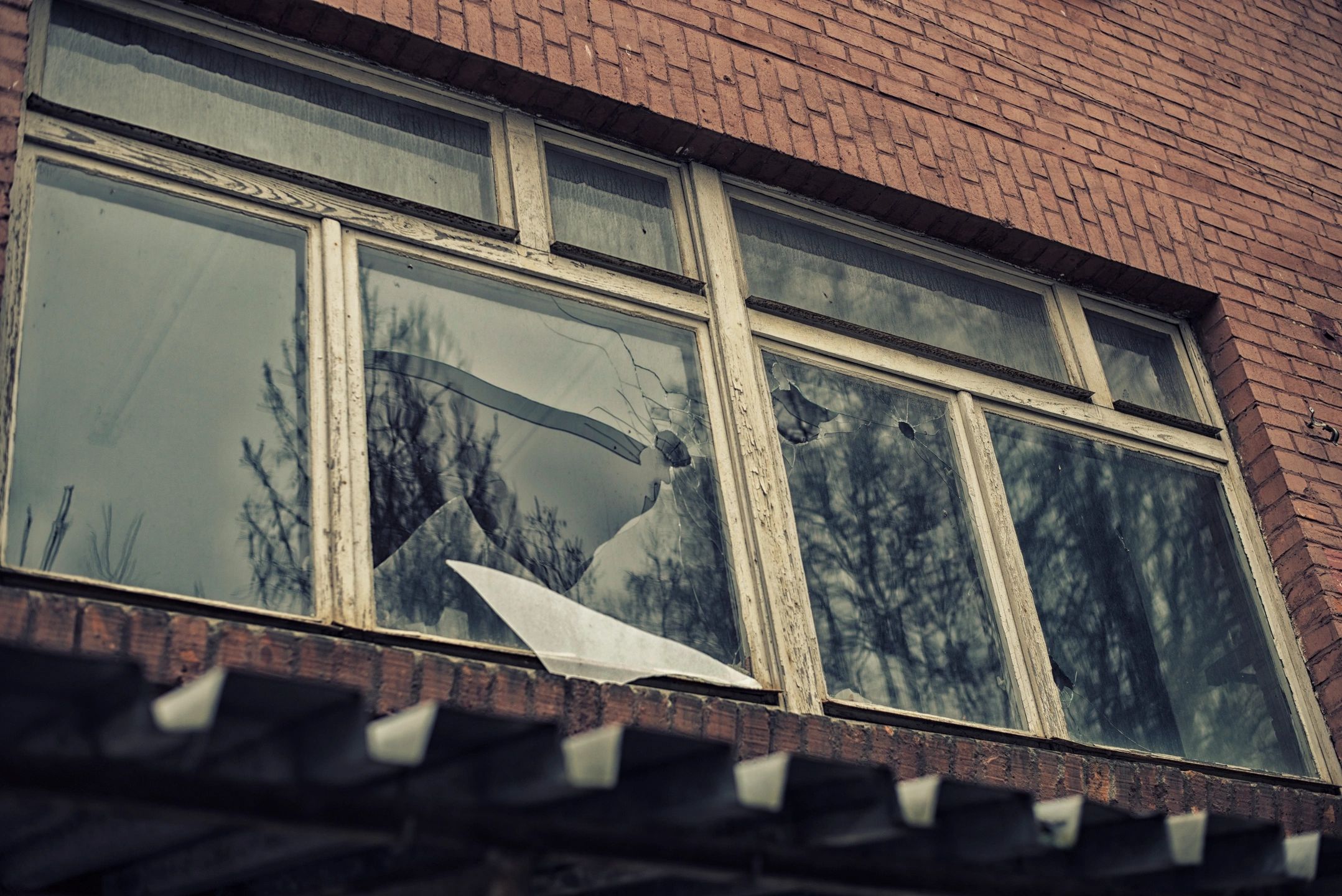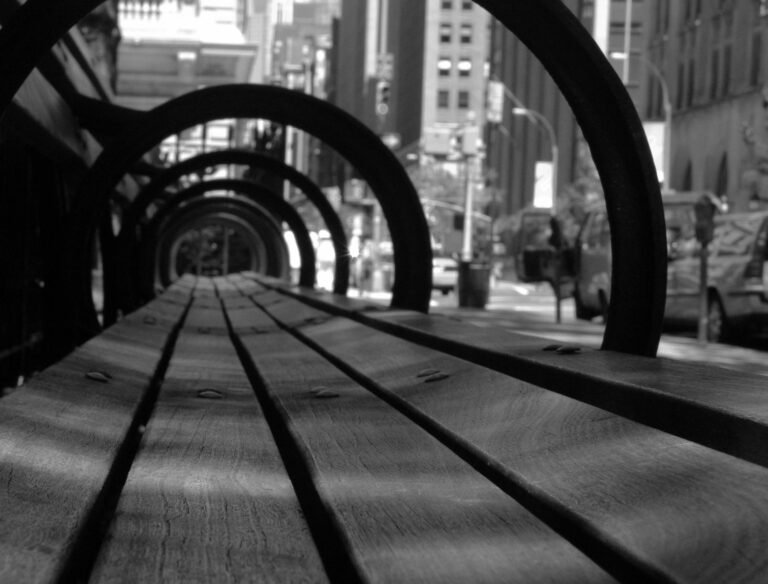

In Oklahoma’s prison system, there are clear and definitive social classes. These classes are determined by wealth, ability, cunning, and determination; or, in many cases, the lack thereof. It is a system that is unfairly balanced, focused more on eliminating prisoners from the public view rather than rehabilitation and redemption from crimes committed. On the surface, all prisoners appear the same, but inside the system, there is a vast and almost unbridgeable gap between the classes.
At the top are those who have support from the outside. They have the most comfortable life. There is always “money on the books” and family and friends provide for most of their needs while incarcerated. They get what the need from canteen so they don’t have to struggle. They are the ones that follow the rules so that they can keep their privileges.
Next are the abusers. They always have money as well, but instead of focusing on making their lives comfortable, they use that money to trade for drugs or illegal contraband. They can always be found yelling at someone on the phone, conning new inmates, sleeping, or getting high.
Then there are the hustlers. These are the guys selling food trays for soups, or doing laundry for others, or a hundred other favors for commissary money. Sometimes this is positive, and these people are wanting to better themselves while incarcerated. More often than not, though, they save until they can afford to buy contraband like drugs, phones, or whatever they need.
Along with the hustlers, there are the storekeepers. They are smart and sly. They have what others are looking for, but at a price.
In every prison, there are the gangsters. These are the guys that are into it all, and only answer to the gang they are involved in. Those ties are closer than blood, and orders aren’t to be questioned. Many first-time prisoners easily fall into the gang life because it offers a sense of stability and security. Instead, with most gangs, it is an initiation into a life of crime.
Near the bottom of the social classes are the straight up drug addicts. They spend most of their time in their cells, or on their bunks, out of their mind. They will argue with themselves, or be slumped over asleep in unimaginable contortions. When sober, they can be seen walking around the pod looking down for dropped drugs. They will examine small specks and, occasionally, they’ll try to smoke what they’ve found. Their outlets are always burnt and the strong odor of burning toilet paper always comes from their cell.
Finally there are the indigents. These are the people who come in with nothing and don’t have anybody on the outside to help. They are usually new, or much older. They get by on what the system provides, without anything extra. For hygiene, they have to rely on those that will help, which are very few. Generally, they just move through the day, staying to themselves, trying to get by.
The vast majority fit somewhere in the middle. Even the most innocent are corrupted by the system, just by being in proximity to the general lawlessness that is prison. Guards are underpaid and overworked, so they can’t be wholly effective. This leads to a wildly corrupt prison system that essentially further enables criminal behavior. People do what they must to survive, and make life bearable.
For the falsely accused, prison is a breeding ground for criminal education. Instead of rehabilitation, the system only creates more problems, facilitating a never ending cycle of incarceration.
